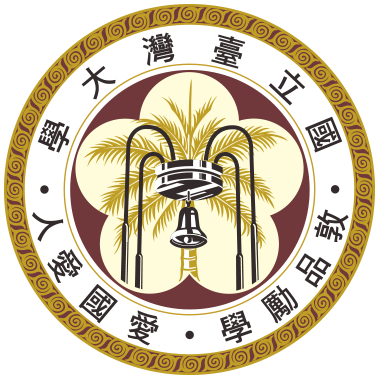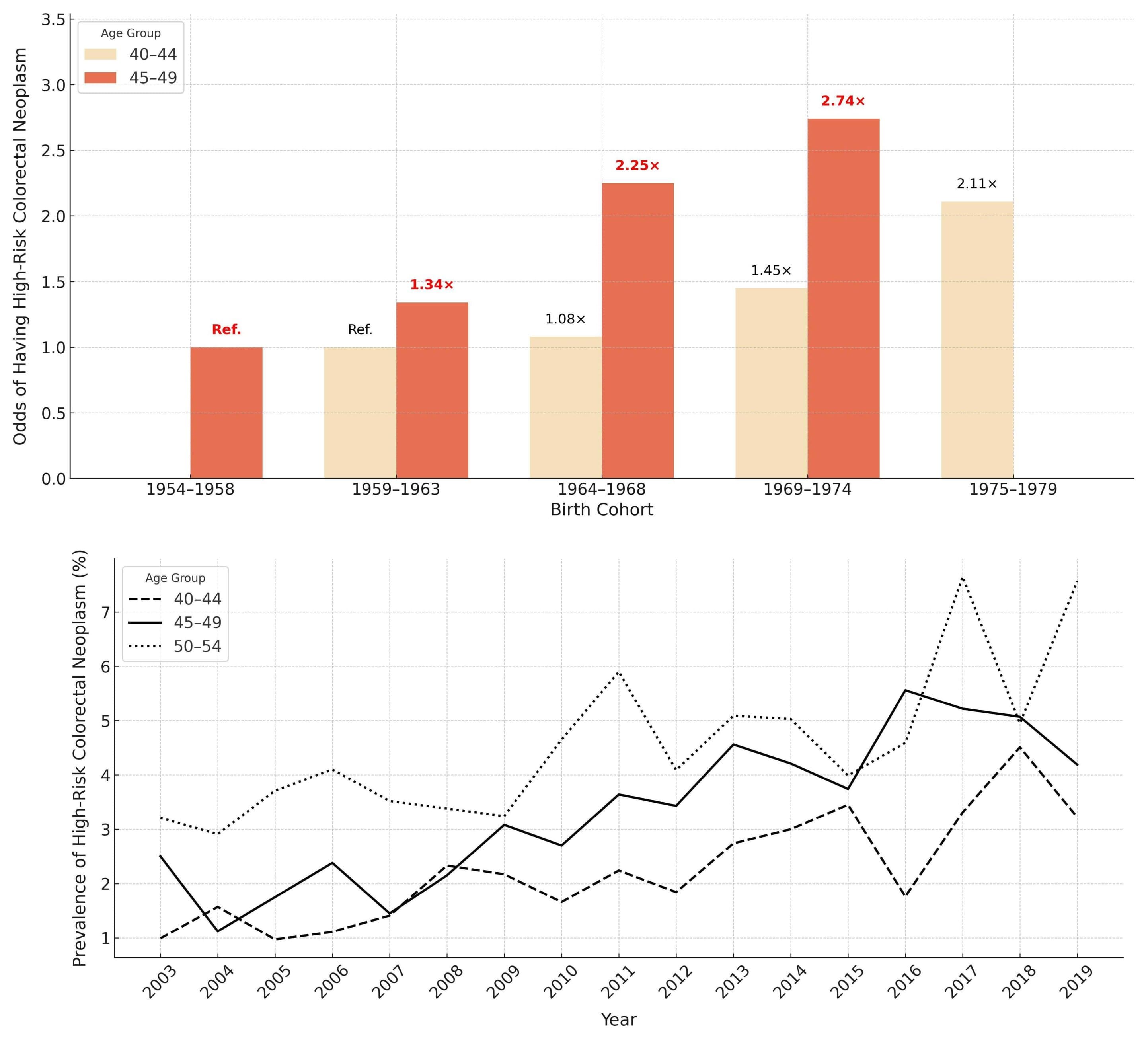Researchers at National Taiwan University Hospital (NTUH) have uncovered a concerning rise in high-risk colorectal neoplasms—growths that can lead to colorectal cancer—among younger adults in Taiwan. Their findings suggest it may be time to reconsider when to begin routine colorectal cancer screenings.
The study, published in Clinical Gastroenterology and Hepatology, analyzed data from nearly 28,000 individuals aged 40 to 54 who underwent screening colonoscopies between 2003 and 2019.
Over this 17-year period, the researchers observed a significant increase in the prevalence of advanced neoplasms, including high-risk adenomas and cancers, in people aged 45 to 49. These rates approached those typically seen in individuals aged 50 to 54. In Taiwan, age 50 has been the starting point for population-wide screening since the program began in 2004 and continued until 2024.
The findings point to an important shift. Those born more recently—specifically after 1964—were more likely to develop these early warning lesions, suggesting that newer generations may be at greater risk between the ages of 40 and 49. The researchers link this trend to changing lifestyles, including diet, physical activity, and other environmental or socioeconomic factors associated with Taiwan's rapid development over recent decades.
Advanced adenomas are growths in the colon or rectum that carry a higher risk of progressing to invasive cancer. The good news is that they can often be removed safely if detected early. However, if left untreated, they may develop into invasive colorectal cancer, which remains one of the leading causes of cancer-related deaths in Taiwan and around the world.
Currently, routine screening for colorectal cancer in most Asia-Pacific and EU countries begins at age 50. However, the study's authors argue that this cutoff may already be too late for many.
By the time individuals reach 50, they may have already developed advanced adenomas that are close to progressing to cancer, or even invasive colorectal cancer requiring surgery and systemic therapies such as chemotherapy or target therapy. Initiating screening earlier, at age 45, could provide a critical window for prevention.
Globally, there is growing concern about the rising rates of colorectal cancer in younger adults, including in the Asia-Pacific region. In response, countries like the United States and Australia have already lowered the recommended screening age to 45.
In Taiwan, providing protection against colorectal cancer is particularly important, given the size of its population, the role of individuals in this age group as the main workforce, and their position as primary financial providers for families. The research team at NTU and NTUH has long advocated for similar measures to be adopted locally.
Their efforts, combined with the fact that the incidence rate among 45–49-year-olds in Taiwan now exceeds that of their U.S. counterparts, ultimately prompted the government to lower the screening age to 45, starting in 2025.
"Colorectal cancer is highly preventable if detected early," said Dr. Hsu-Hua Tseng, a gastroenterology fellow in the Department of Internal Medicine, and Prof. Han-Mo Chiu, who led the current research at NTUH and currently serves as the Asian Chair of the World Endoscopy Organization Colorectal Cancer Screening Committee.
"Our findings clearly indicate that younger generations face a higher risk of developing colorectal cancer compared to previous generations. This evidence underscores the need to revisit current prevention policies and highlights the urgent need to investigate its underlying causes."
More information: Hsu-Hua Tseng et al, Impact of Time Period and Birth Cohort on the Trend of Advanced Neoplasm Prevalence in the 40–49 Average-Risk Screening Population, Clinical Gastroenterology and Hepatology (2024). DOI: 10.1016/j.cgh.2024.07.044
Journal information: Clinical Gastroenterology and Hepatology
Provided by National Taiwan University


